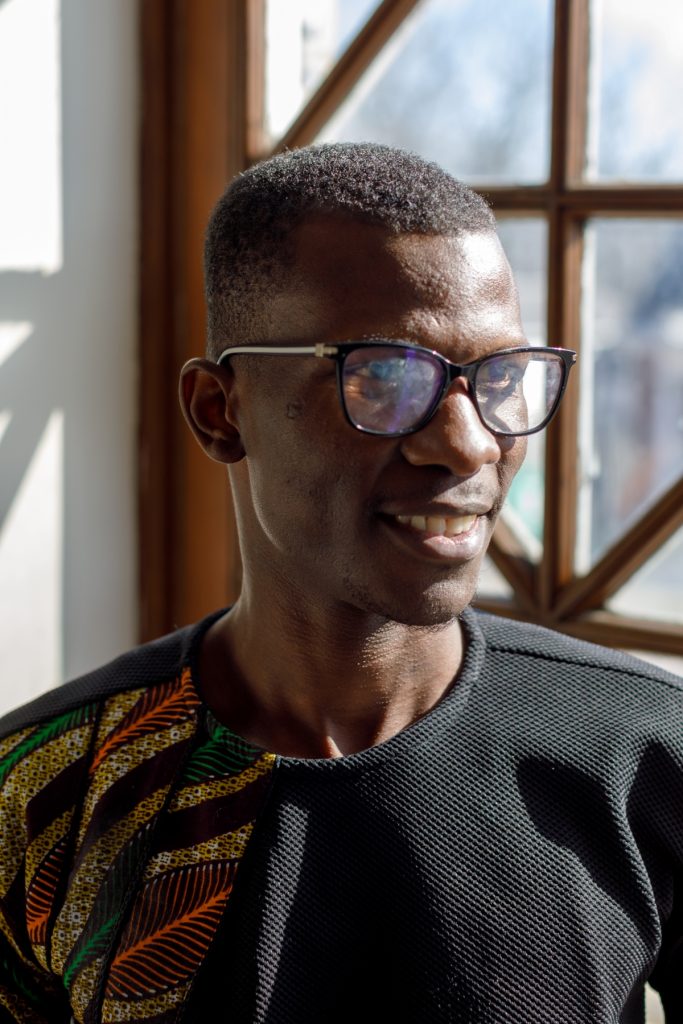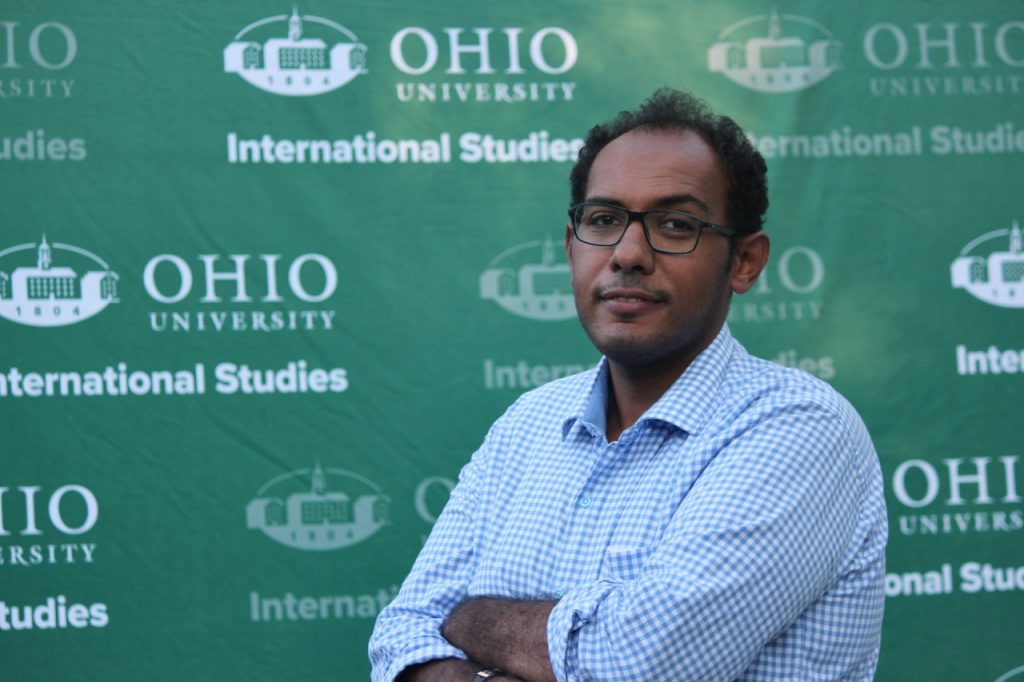News
Work limits and poor public transit create food insecurity among Ohio University’s international students
By: Theo Peck-Suzuki | Report for America
Posted on:
ATHENS, Ohio (WOUB/Report for America) — Ghanaian student Francis Ametepey had many expectations of America, but food insecurity was not one of them.
“Imagine traveling, crossing thousands of miles from your home, leaving families behind, leaving friends behind, just to further your education,” Ametepey said. “Just to be facing a challenge as little, as basic, as fundamental as food.”
According to the national nonprofit advocacy organization Swipe Out Hunger, international students are overrepresented across the United States when it comes to food insecurity, and Ohio University is no exception. Many of the more than 1,000 international students currently enrolled there face food insecurity at some point during their stay, thanks in large part to severe work restrictions on those with foreign visas and a weak public transit system.
Students who come to the U.S. on an F-1 visa (one of the most common visas for international students) can only work 20 hours a week during the semester. Ametepey said his job pays $500 every two weeks. That’s barely enough to cover rent in Athens, let alone pay for food. Consequently, a significant number of international students find themselves relying on the university food pantry, Cat’s Cupboard, for some of their meals.
Ametepey, a graduate student in the Communication for Development program at Ohio University, said the problem has nothing to do with how affluent a person may be in their home country. Many of those facing food insecurity are from educated, middle-class backgrounds. They just didn’t expect that their incomes as students in the U.S. wouldn’t cover their basic needs. Some are ashamed to use the pantry or admit that they need help.

Expectations back home about America’s wealth can complicate the issue further.
“Your parents know very well you are in school, but they don’t, mostly, think about you being in school. All they probably look at is, you are in America, you know? The land of possibility. And in America, the perception of richness is there. And so you come here and then your friends, your colleagues, will start texting, sending you messages. Something has happened, your uncle is dead, your grandfather is sick, your best friend needs some money to pay for school fees,” Ametepey said.
“When you send a little amount of money to just pay school fees, it helps. It reduces burden and pressure on people. But it also cripples you here, because you also need that same money to live,” he explained.
The challenges prompted Ametepey and others to launch a campaign in the fall to benefit Cat’s Cupboard. The campaign collected money and food donations for the pantry in an effort to expand the quantity and variety of food on offer. Ametepey said they collected $10,980 and 4,320 pounds of food items.
“It was impactful beyond our expectation,” Ametepey said.
Just getting to the store is hard
When Ghanaian student Patterson Adjei first came to OU, he arrived too late for international student orientation. For the first week of his semester, he had no idea where to buy food, even though he had the money to do so. As a consequence, he didn’t get enough to eat and struggled through his first several classes.
Even after Adjei got to know the area, he found himself facing a problem familiar to other low-income residents: Without a car, it’s hard to get to the store to buy food.
“We come from societies that, we mostly rely on public transport. There are trains, buses,” Adjei said.
“I’ve lived in Africa, I’ve lived in Europe, and all those places, I never thought of buying a car or driving on my own, because the public transport system is so effective,” he added.

Recent graduate Ahmed Hamed said he wanted to learn how to drive while he was a student. However, there is no driving instruction available to international students in Athens (AAA offers driving classes, but only to minors). The closest driving school was Hocking College in Nelsonville.
“How to get to the Hocking College? I need a car to get to the Hocking College,” Hamed said.
There is a bus that travels between Athens and Nelsonville, but it’s not convenient for international students. On top of that, Hamed said the class at Hocking had a three-month wait list when he tried to enroll.

“Thanks for these friends, because they are holding high responsibility,” said Hamed. “They do it because we need to support each other. Because there is no other option.”
Hamed believes many of these problems would be solved if Ohio University offered driving classes to students — and if international students could work more than 20 hours a week, though that would likely require a seismic overhaul of federal immigration policy.
“I prefer not to go to the pantry. I prefer to buy my own food from the supermarket,” Hamed said. “I want to pay tax. I want to give (to) the community, not to get support. I want to be independent. I don’t want to rely on a pantry, like, this is not the happiest situation. Thanks for the pantry and thanks for the support, but the best is that the majority of us move to be independent,” Hamed said.

